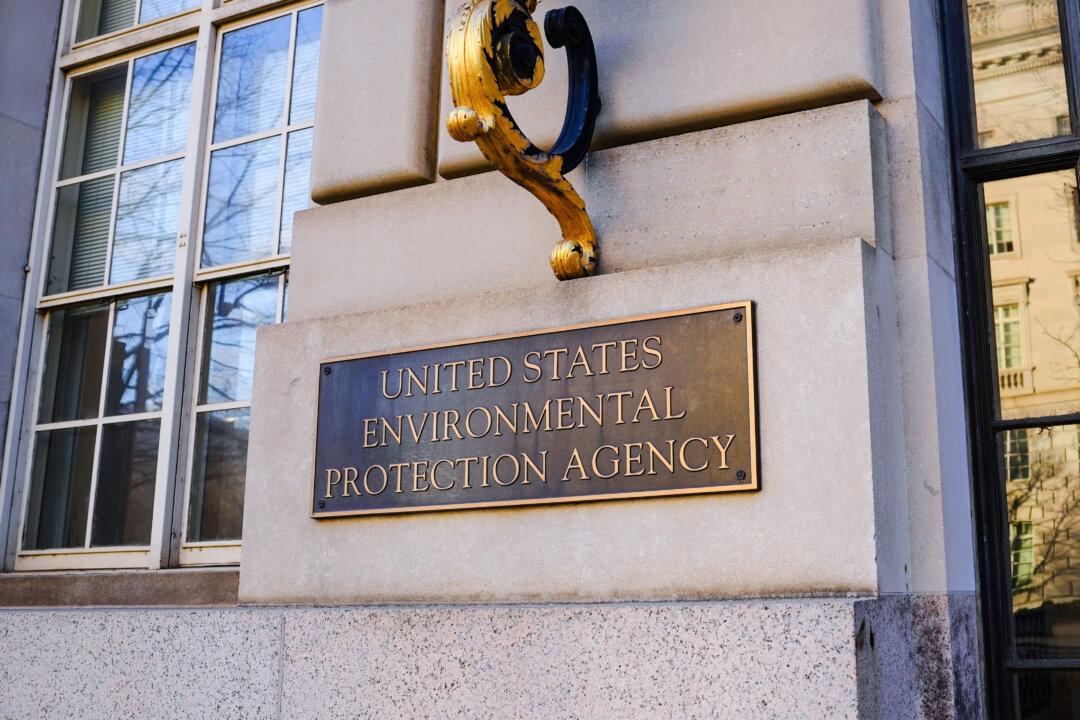A federal judge in Louisiana has issued a permanent injunction barring the U.S. Environmental Protection Agency (EPA) and the Department of Justice (DOJ) from enforcing disparate-impact requirements under Title VI of the Civil Rights Act within the state.
The Aug. 22 ruling, handed down by U.S. District Judge James Cain, in the Western District of Louisiana, makes permanent the preliminary injunction he issued on Jan. 23, blocking the EPA and DOJ from enforcing any regulations issued under Title VI that require recipients of federal funding, such as state agencies, to prove that the projects they approve are not discriminatory.





